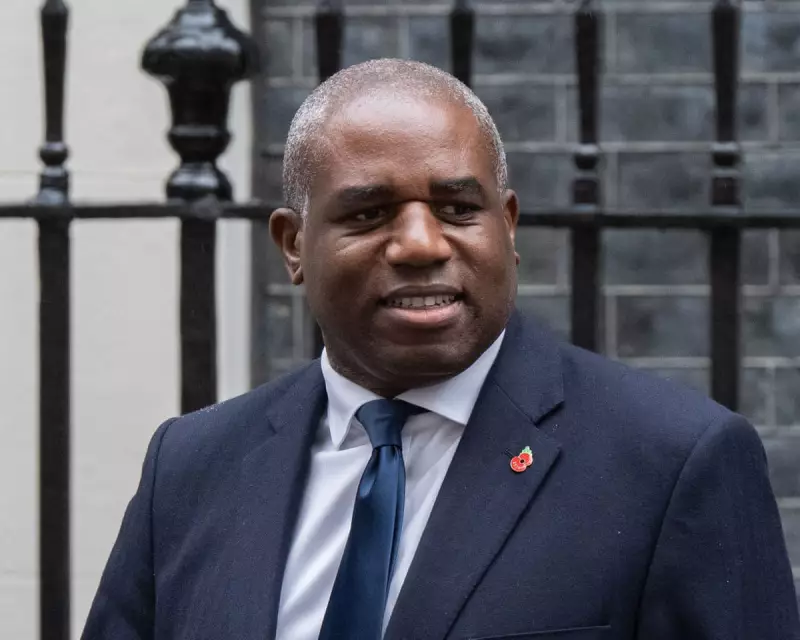
Westminster witnessed political fireworks today as David Lammy launched a blistering attack on Chancellor Rachel Reeves during a particularly heated Prime Minister's Questions session. The opposition frontbencher confronted the government over its controversial tax system overhaul, setting the stage for a dramatic showdown in the Commons.
Economic Vision Under Fire
At the heart of the confrontation lay fundamental disagreements about Britain's economic direction. Lammy pressed the government on its tax reform timeline, demanding clarity on when households and businesses would see tangible benefits from the proposed changes. The exchange highlighted growing concerns about the government's ability to deliver on its economic promises amid ongoing financial pressures.
Spending Review Sparks Tension
The Chancellor faced intense scrutiny over the upcoming spending review, with opposition MPs questioning whether departmental budgets would adequately address pressing public service needs. Sources close to the Treasury suggest Reeves is preparing for difficult decisions as she balances fiscal responsibility with growing demands for increased public spending.
Market Jitters and Business Concerns
Financial markets have shown signs of nervousness following the government's recent announcements, with business leaders expressing anxiety about the pace and scale of proposed tax changes. Industry representatives have privately warned ministers that uncertainty could dampen investment at a crucial time for economic recovery.
Political Fallout Intensifies
The PMQs clash comes amid rising backbench unrest on both sides of the aisle. Government insiders acknowledge that maintaining party unity while pushing through contentious tax reforms presents a significant challenge. Meanwhile, opposition strategists sense an opportunity to capitalise on perceived government vulnerabilities.
Political analysts suggest today's exchange signals a new phase in parliamentary battles over economic policy, with both sides digging in for a prolonged conflict that could define the political landscape for months to come.






